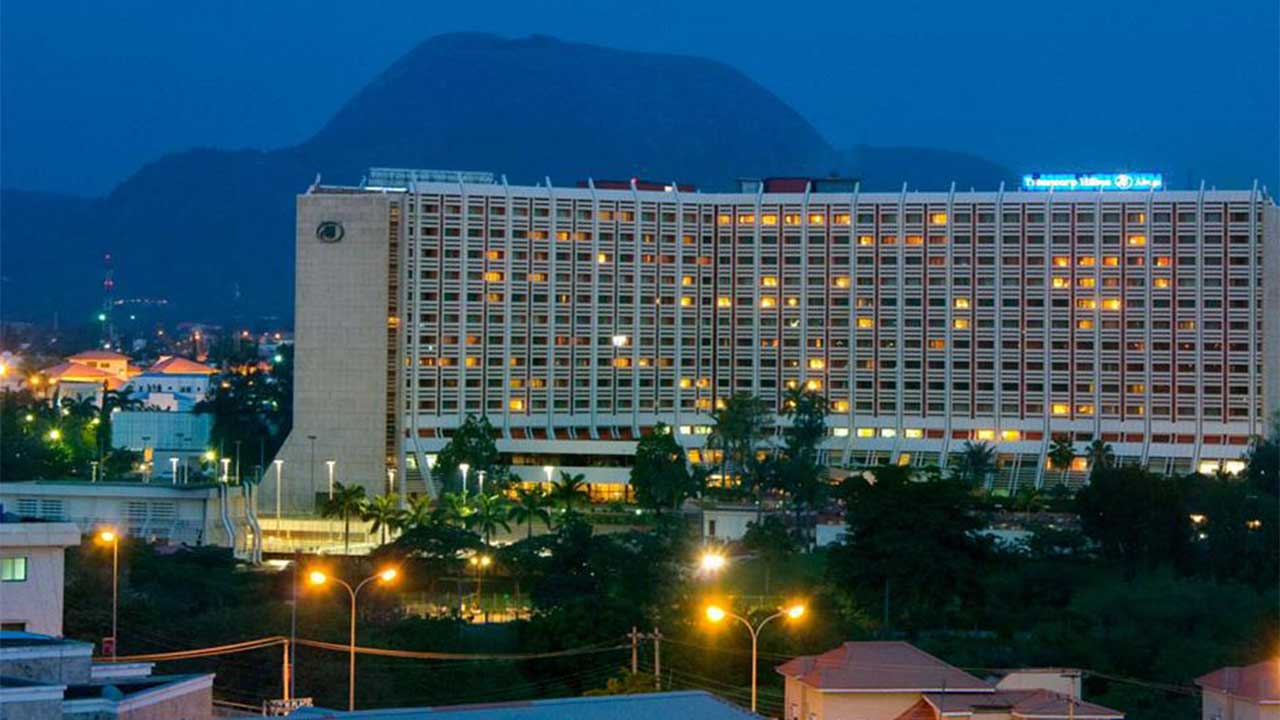- Over N7.4tn Borrowed by 100 Bank Customers in Three Months
About 100 customers of Deposit Money Banks borrowed the sum of N7.44tn during a three- month period covering January to March this year.
An analysis of the banking sector credit showed that the N7.44tn borrowed by these 100 customers represented about 47.43 per cent of the N15.21tn granted to the entire economy during the three months period.
Further analysis showed that 1.88 million customers borrowed the balance of N7.76tn which was about 52.57 per cent of the entire N15.21tn borrowed during the period.
Further analysis showed that customers in the oil and gas sector borrowed the highest amount of N4.68tn.
This was followed by manufacturing with N2.23tn, while government, commerce, finance and insurance and power had loan portfolio of N1.37tn, N1.03tn, N954.6bn, N682.93bn respectively.
Agriculture sector had loan portfolio of N648.89bn, construction N642.87bn, information technology N607.95bn, real estate N599.39bn, transportation N316.95bn and capital market N227.26bn.
Others were public utilities N78.91bn, education N58.4bn, health N36.6bn, administration and support services N23.09bn, water supply N22.6bn, arts N11.34bn and mining N8.9bn.
Some finance and economic experts said that the Central Bank of Nigeria should reduce the lending rate to make it easier for businesses to borrow and expand their operations. The experts said a reduction in lending rate was long overdue as many businesses were currently finding it difficult to service their debt obligations.
A Developmental Economist, Odilim Enwegbara, said while the monetary authority had argued that lending rate could not be higher than inflation rate, in countries like Japan and Turkey, their interest rates were lower than inflation rate and bank still lend.
He said, “The government must mandate banks to reduce it (lending rate) and lend to key sectors of the economy because one thing is for the rate to be lower and another is the banks’ willingness to lend.
“If the lending rate is reduced, the cost in servicing debt by the Federal Government would reduce.
“The government should make these banks to invest in real sector instead of giving money to importers of finished goods. The manufacturing sector should get single- digit lending rate , importers of finished goods should borrow at 15 per cent while lending to government should be done at single digit. This will reduce the level of inflation in the country.”
The Lead Director, Centre for Social Justice, Eze Onyekpere, said that the high lending cost was a major reason why many debtors were finding it difficult to service their loans.
This, he added, had led to continuous increase in the huge non-performing loan portfolio of banks.
He said, “We have been saying it repeatedly that the high- lending rate is not good for the economy. How do you expect a business to borrow money at 30 per cent and remain competitive? There is no way that kind of interest rate can support the growth of the economy.
“So the lending rate should be reviewed downward, so that businesses can have access to cheaper funds, because that is what the country needs at this time.”


 Forex3 weeks ago
Forex3 weeks ago


 Naira2 weeks ago
Naira2 weeks ago
 Billionaire Watch2 weeks ago
Billionaire Watch2 weeks ago




 Naira2 weeks ago
Naira2 weeks ago




 Naira2 weeks ago
Naira2 weeks ago




 Naira4 weeks ago
Naira4 weeks ago


 Naira7 days ago
Naira7 days ago
 Banking Sector4 weeks ago
Banking Sector4 weeks ago





















